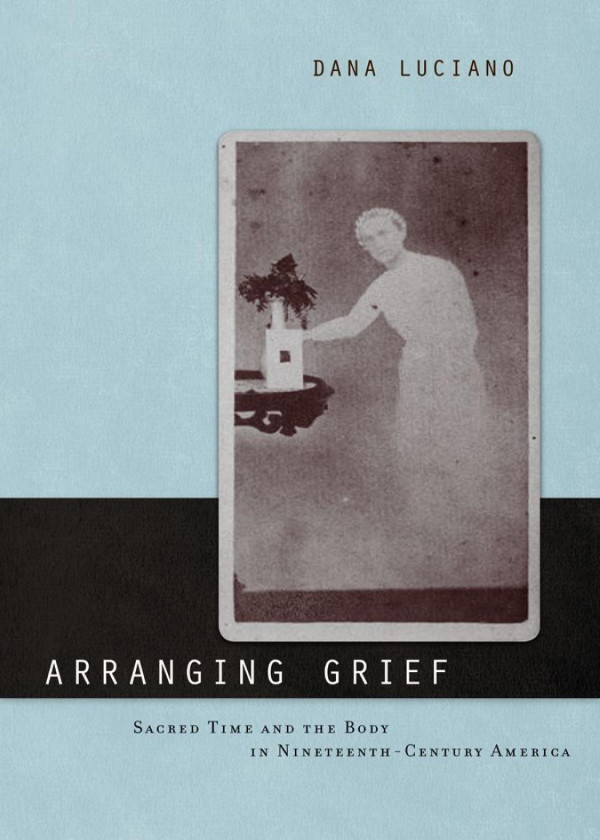

Most ebook files are in PDF format, so you can easily read them using various software such as Foxit Reader or directly on the Google Chrome browser.
Some ebook files are released by publishers in other formats such as .awz, .mobi, .epub, .fb2, etc. You may need to install specific software to read these formats on mobile/PC, such as Calibre.
Please read the tutorial at this link: https://ebookbell.com/faq
We offer FREE conversion to the popular formats you request; however, this may take some time. Therefore, right after payment, please email us, and we will try to provide the service as quickly as possible.
For some exceptional file formats or broken links (if any), please refrain from opening any disputes. Instead, email us first, and we will try to assist within a maximum of 6 hours.
EbookBell Team

5.0
90 reviews2008 Winner, MLA First Book Prize
Charting the proliferation of forms of mourning and memorial across a century increasingly concerned with their historical and temporal significance, Arranging Grief offers an innovative new view of the aesthetic, social, and political implications of emotion. Dana Luciano argues that the cultural plotting of grief provides a distinctive insight into the nineteenth-century American temporal imaginary, since grief both underwrote the social arrangements that supported the nation’s standard chronologies and sponsored other ways of advancing history.
Nineteenth-century appeals to grief, as Luciano demonstrates, diffused modes of “sacred time” across both religious and ostensibly secular frameworks, at once authorizing and unsettling established schemes of connection to the past and the future. Examining mourning manuals, sermons, memorial tracts, poetry, and fiction by Harriet Beecher Stowe, William Apess, James Fenimore Cooper, Catharine Maria Sedgwick, Susan Warner, Harriet E. Wilson, Herman Melville, Frances E. W. Harper, Frederick Douglass, Abraham Lincoln, Elizabeth Keckley, and Ralph Waldo Emerson, Luciano illustrates the ways that grief coupled the affective body to time. Drawing on formalist, Foucauldian, and psychoanalytic criticism, Arranging Grief shows how literary engagements with grief put forth ways of challenging deep-seated cultural assumptions about history, progress, bodies, and behaviors.